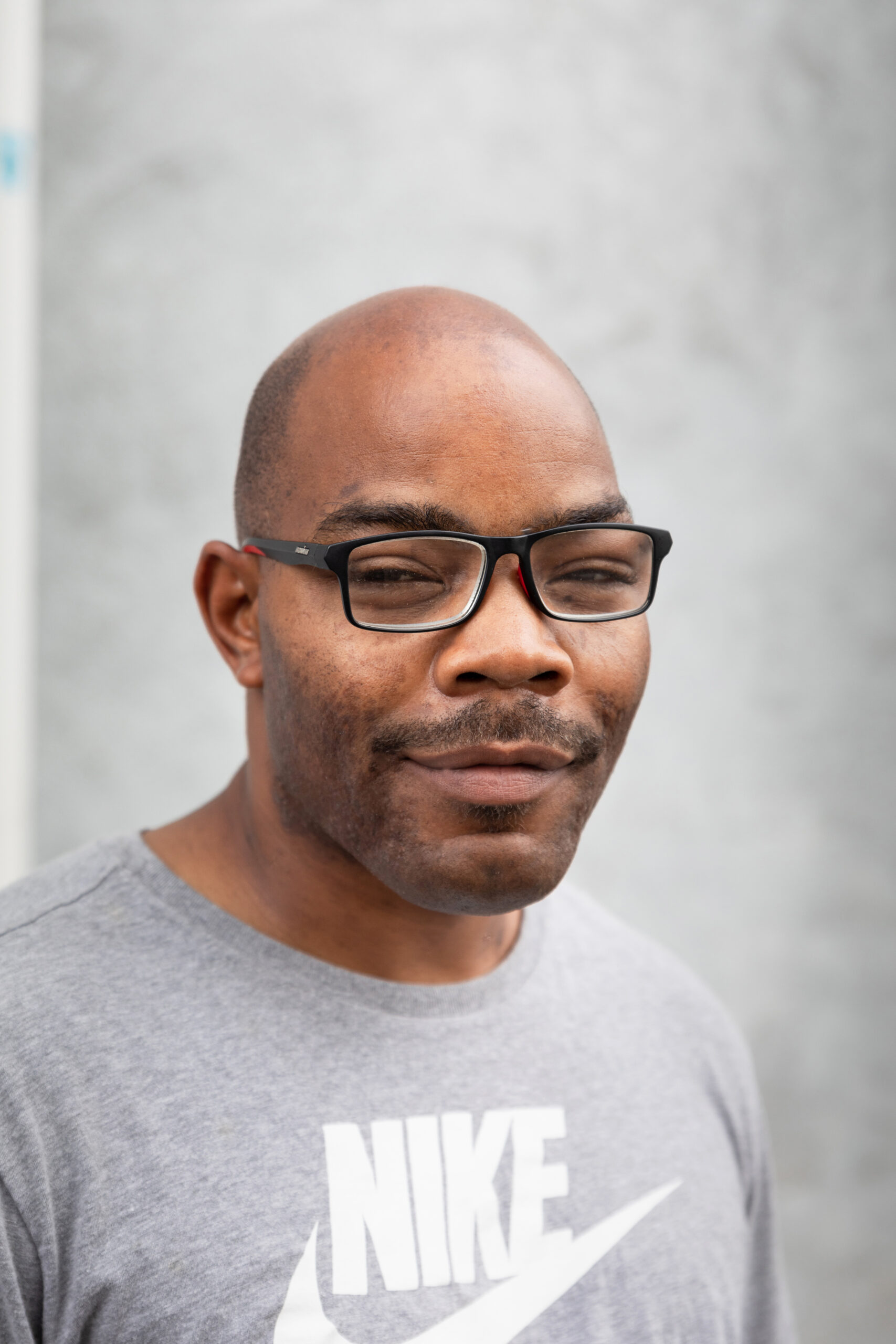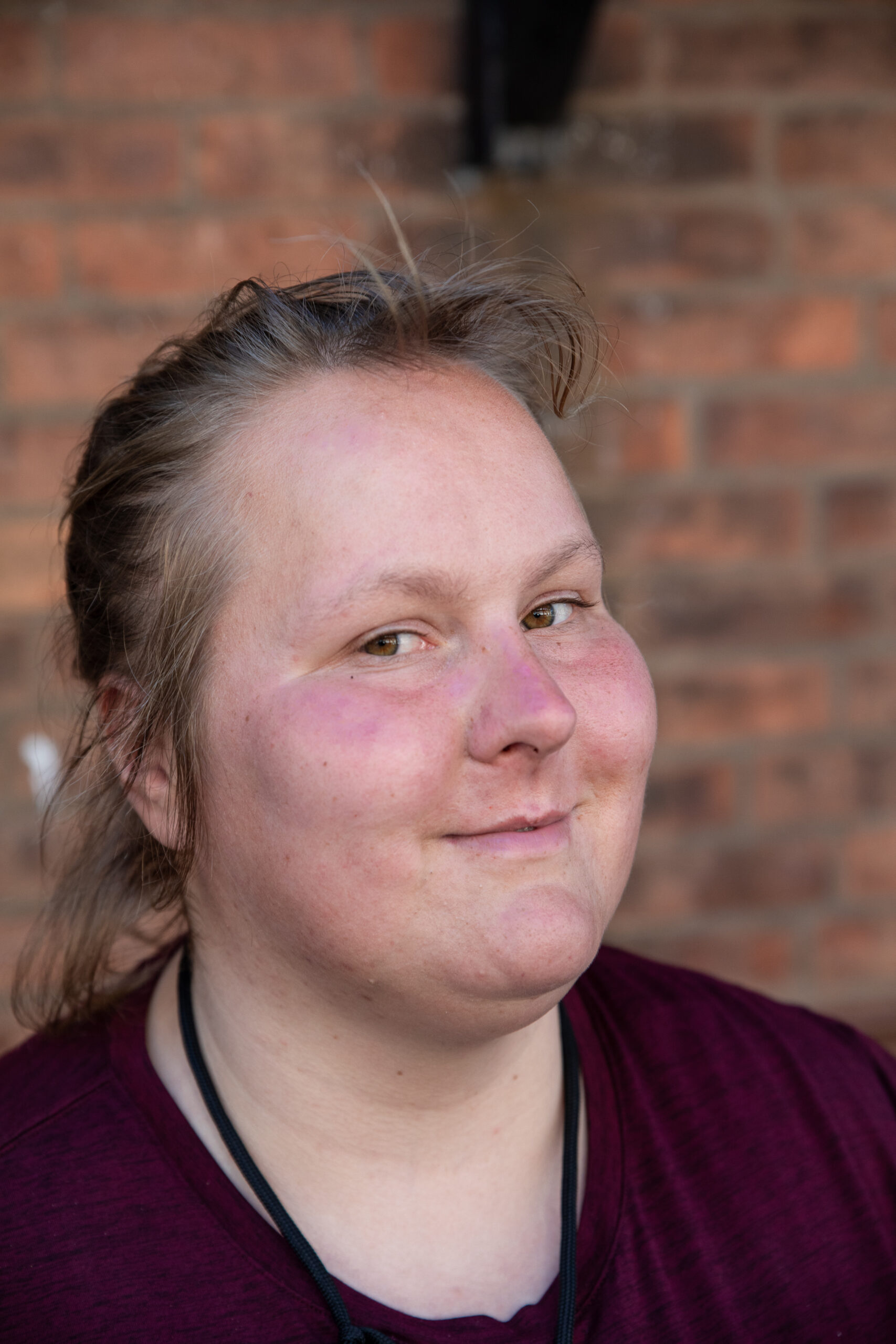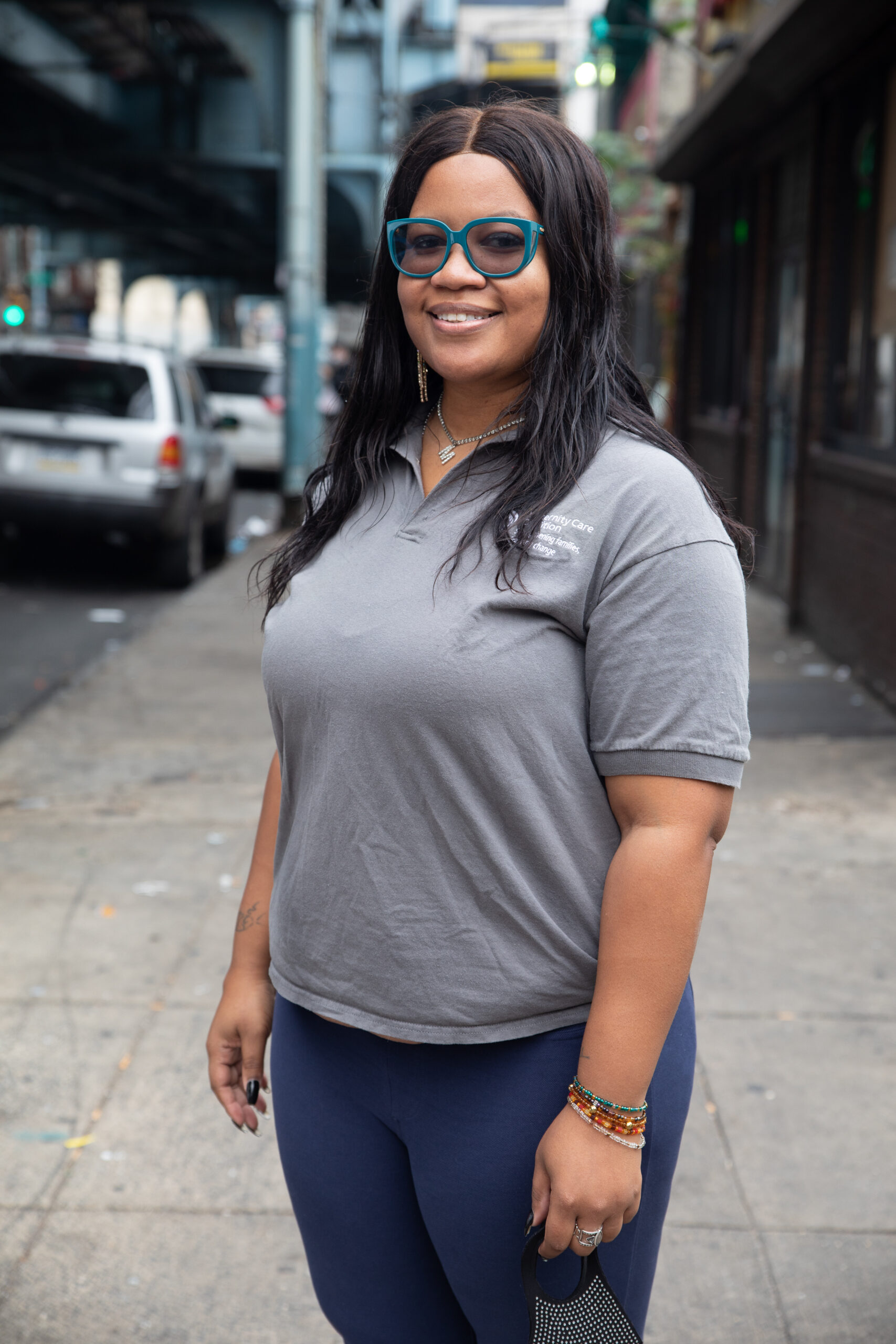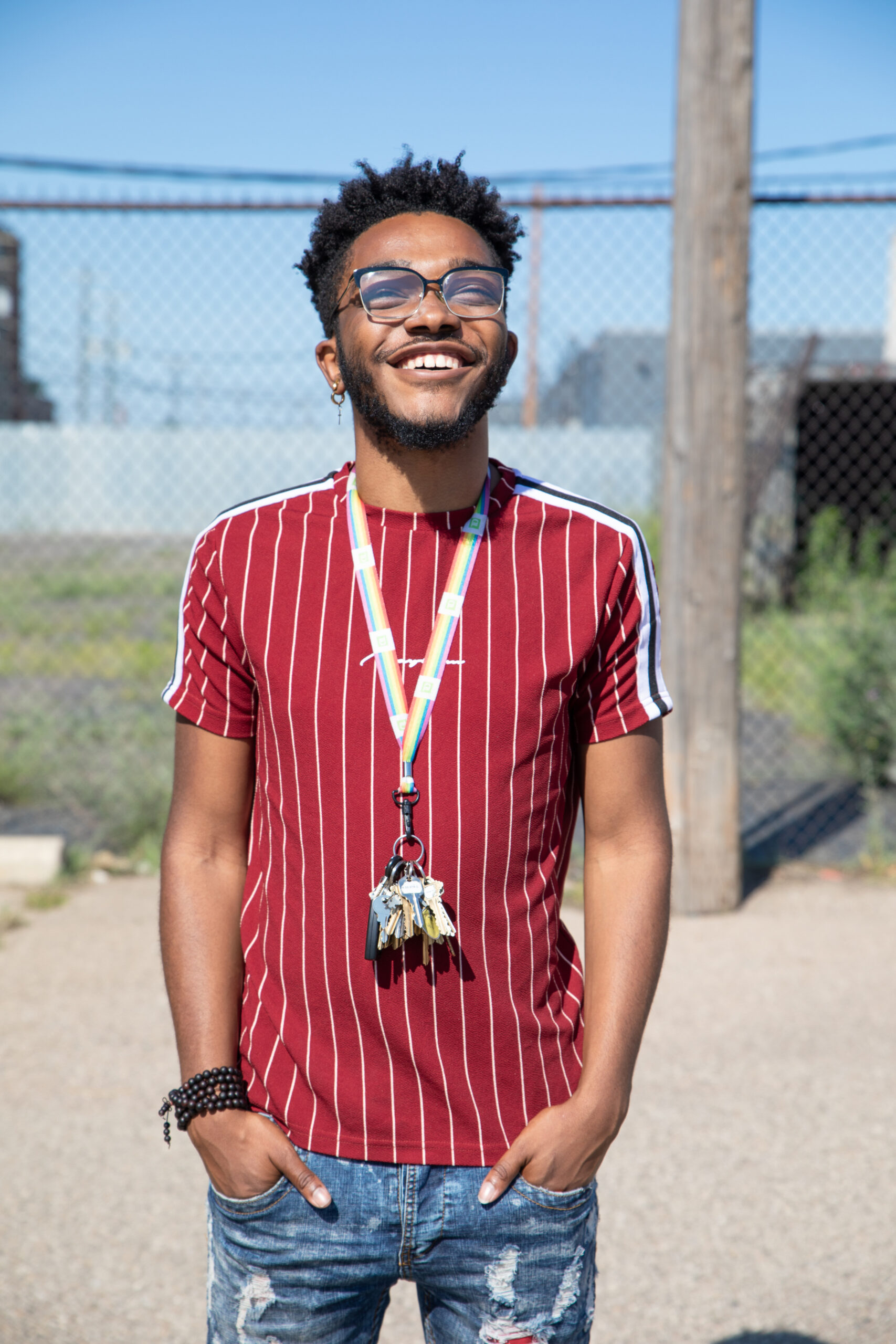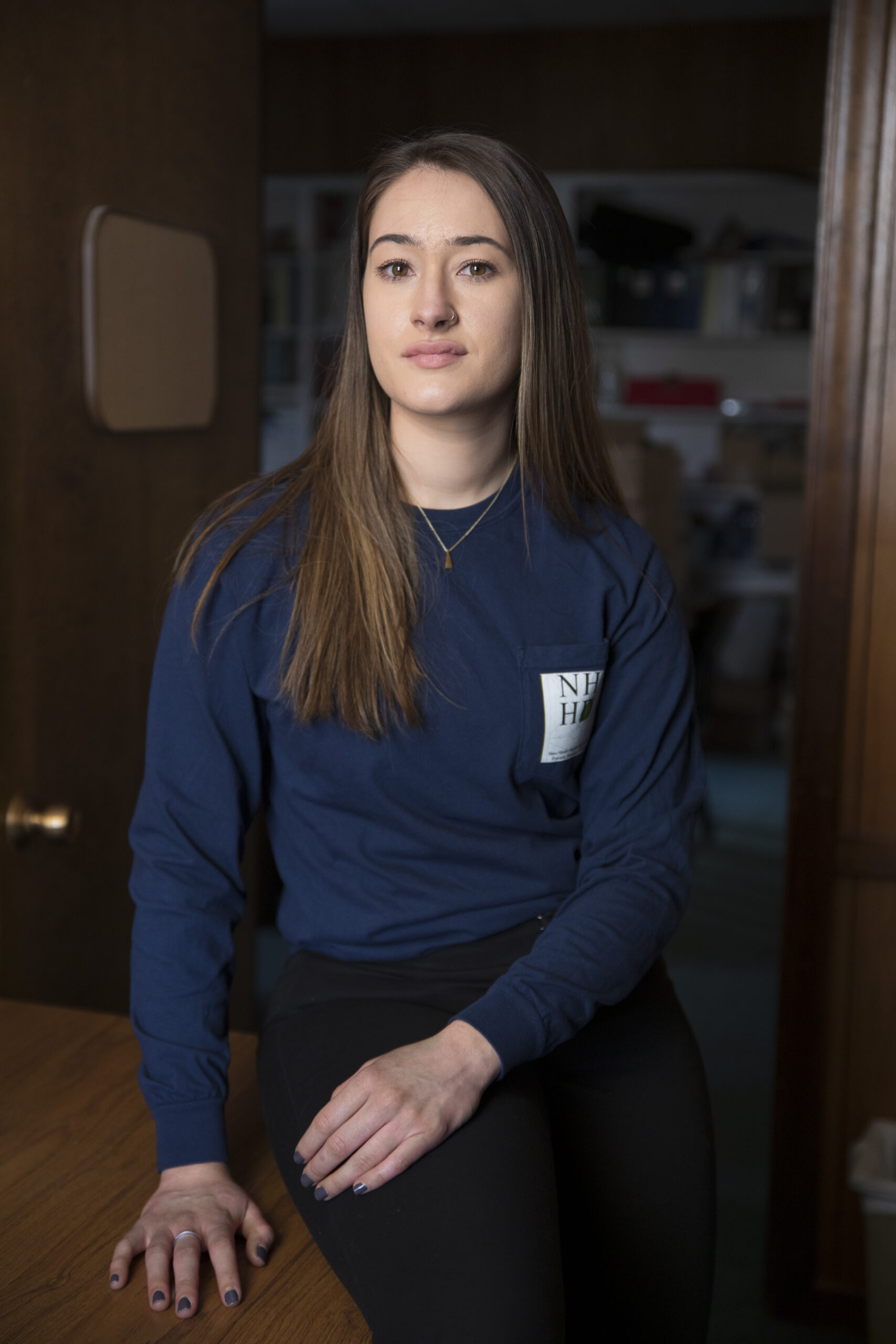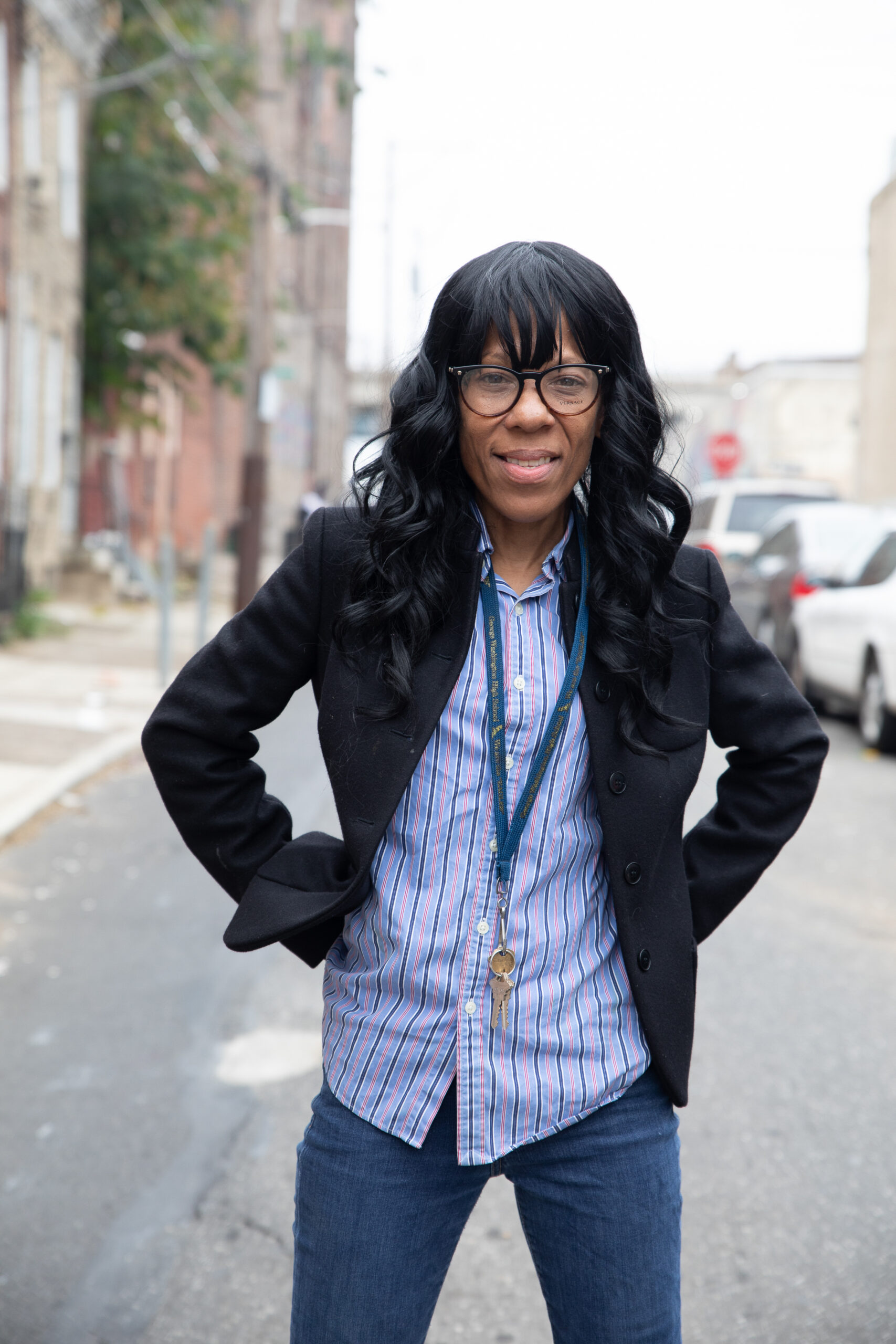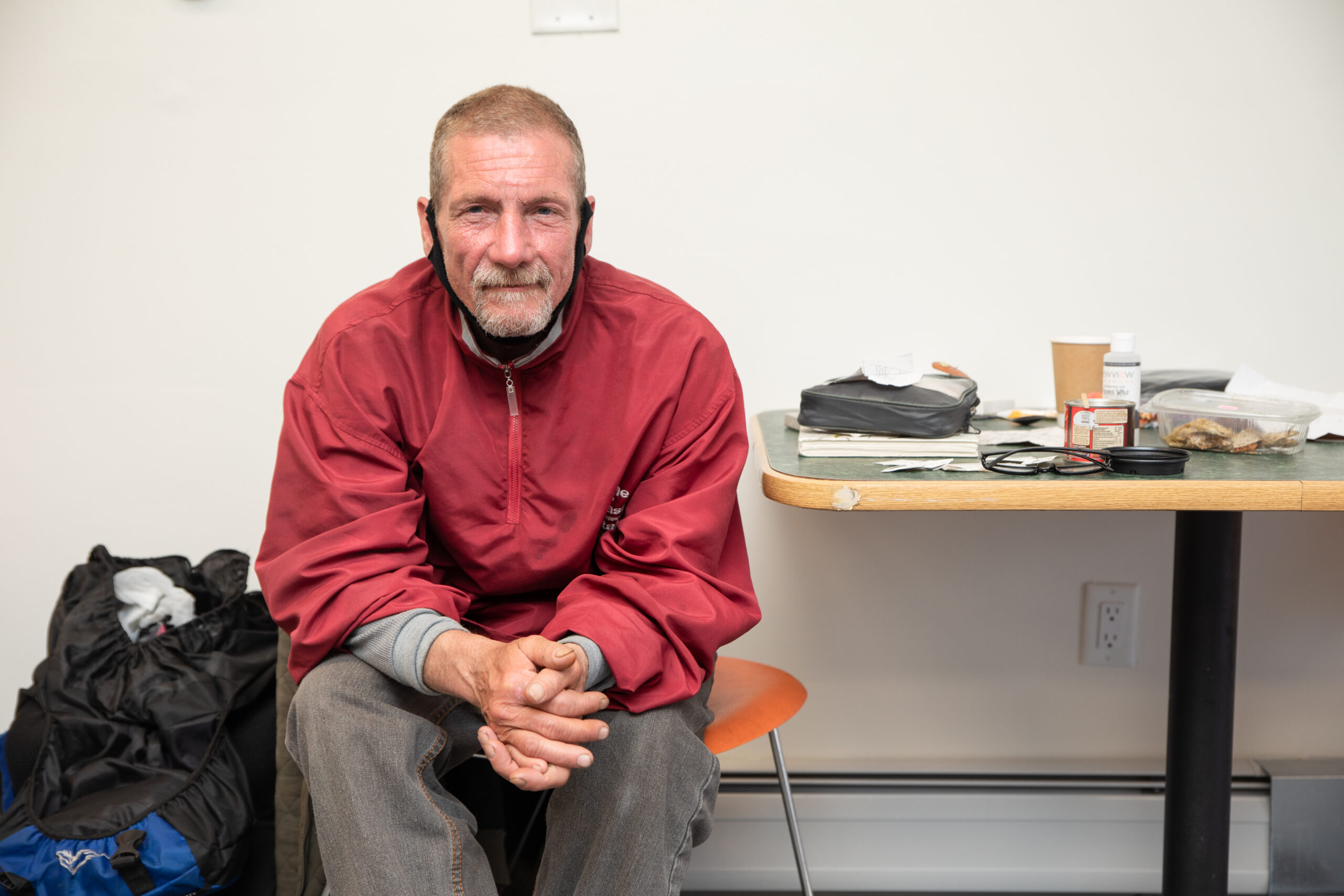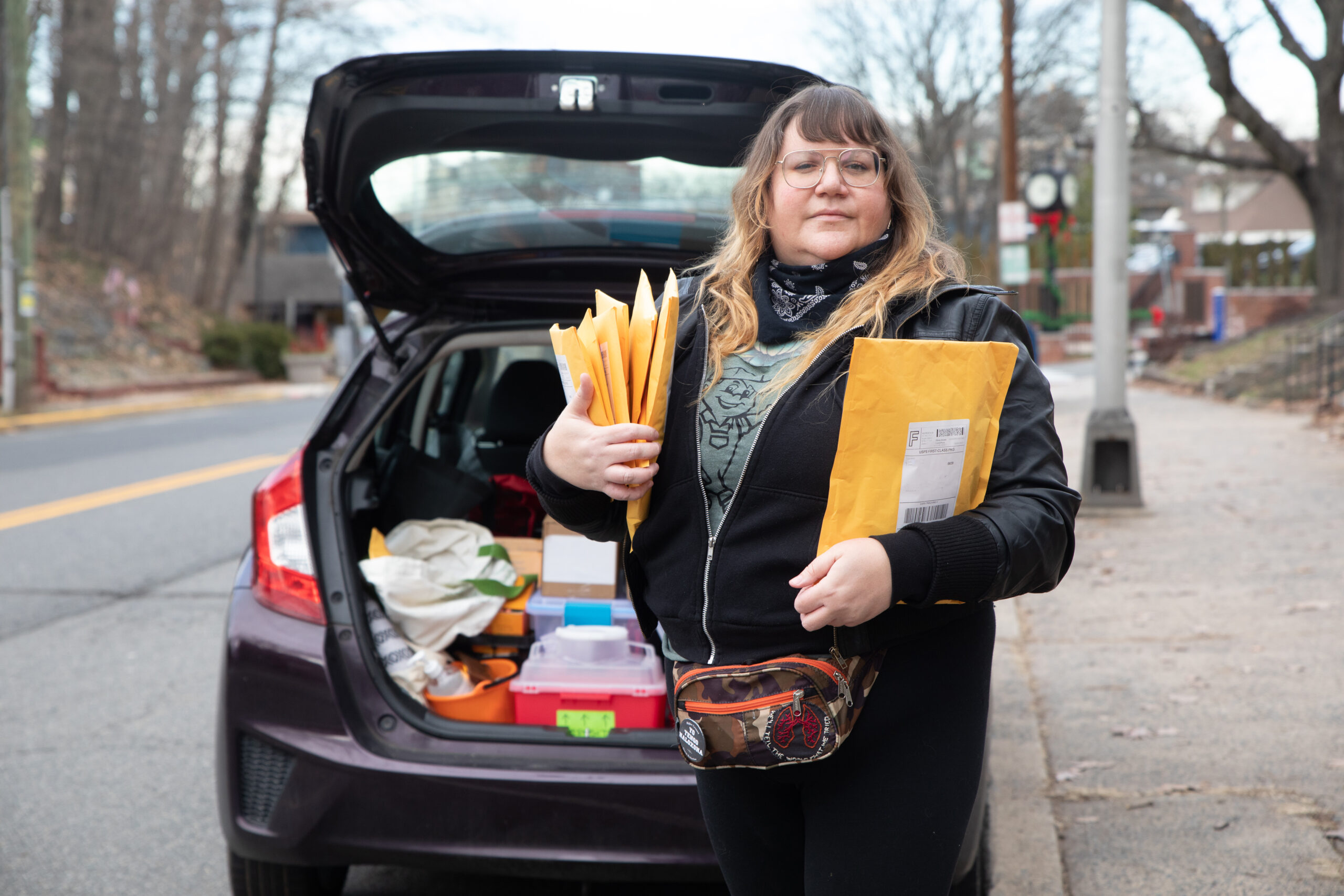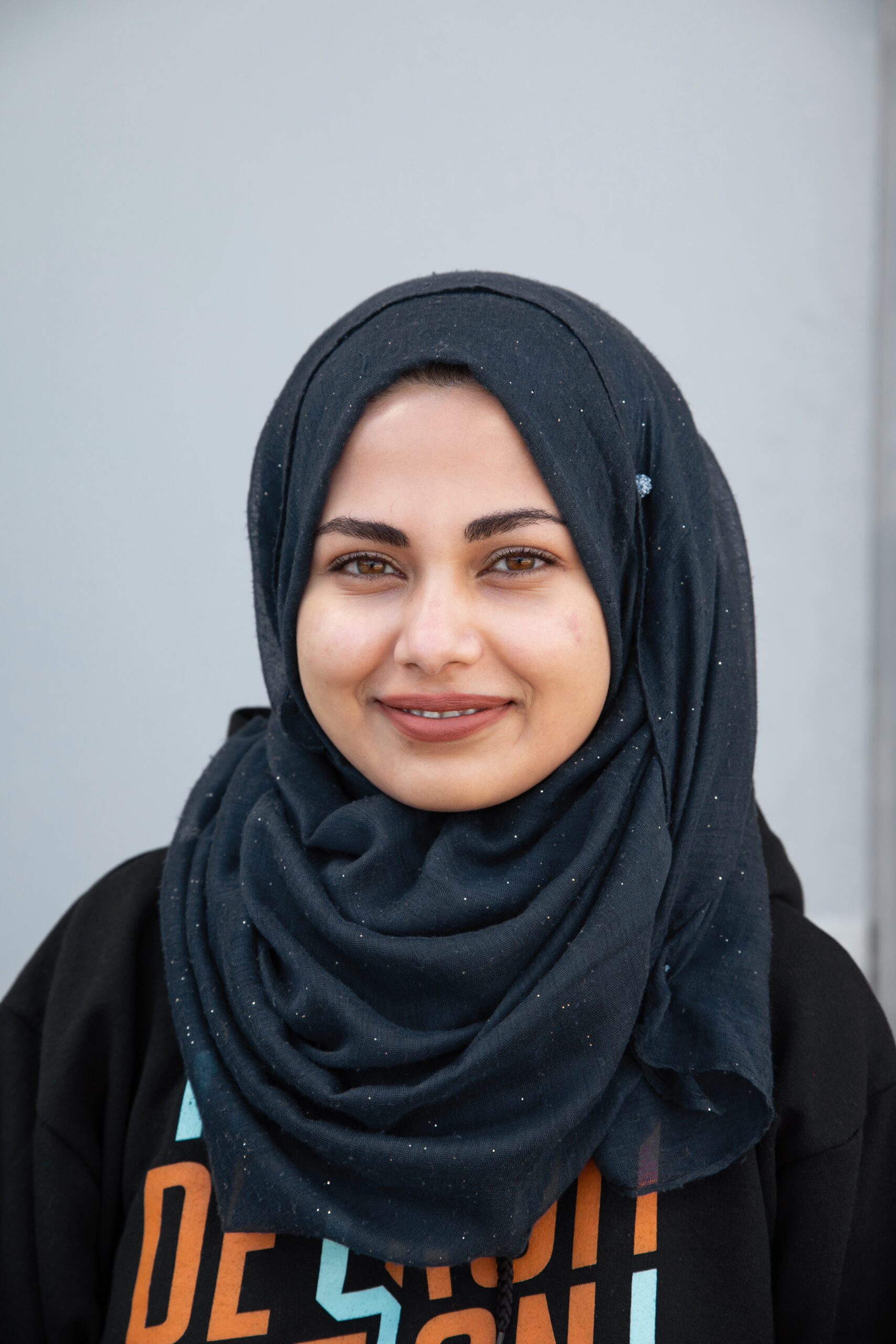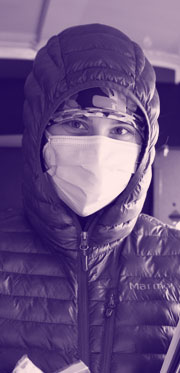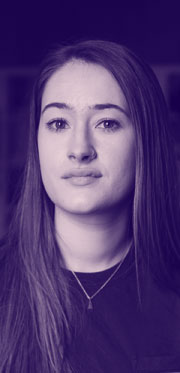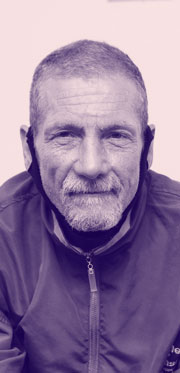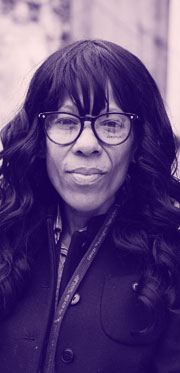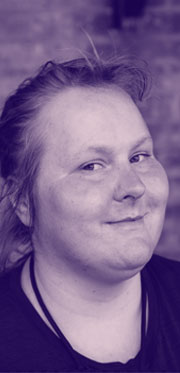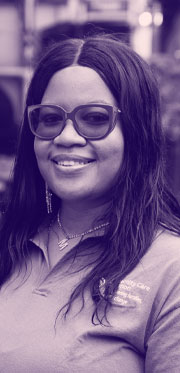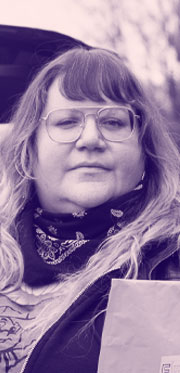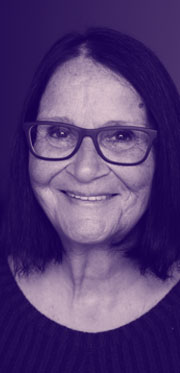Beatrice
Sex Workers and Allies Network
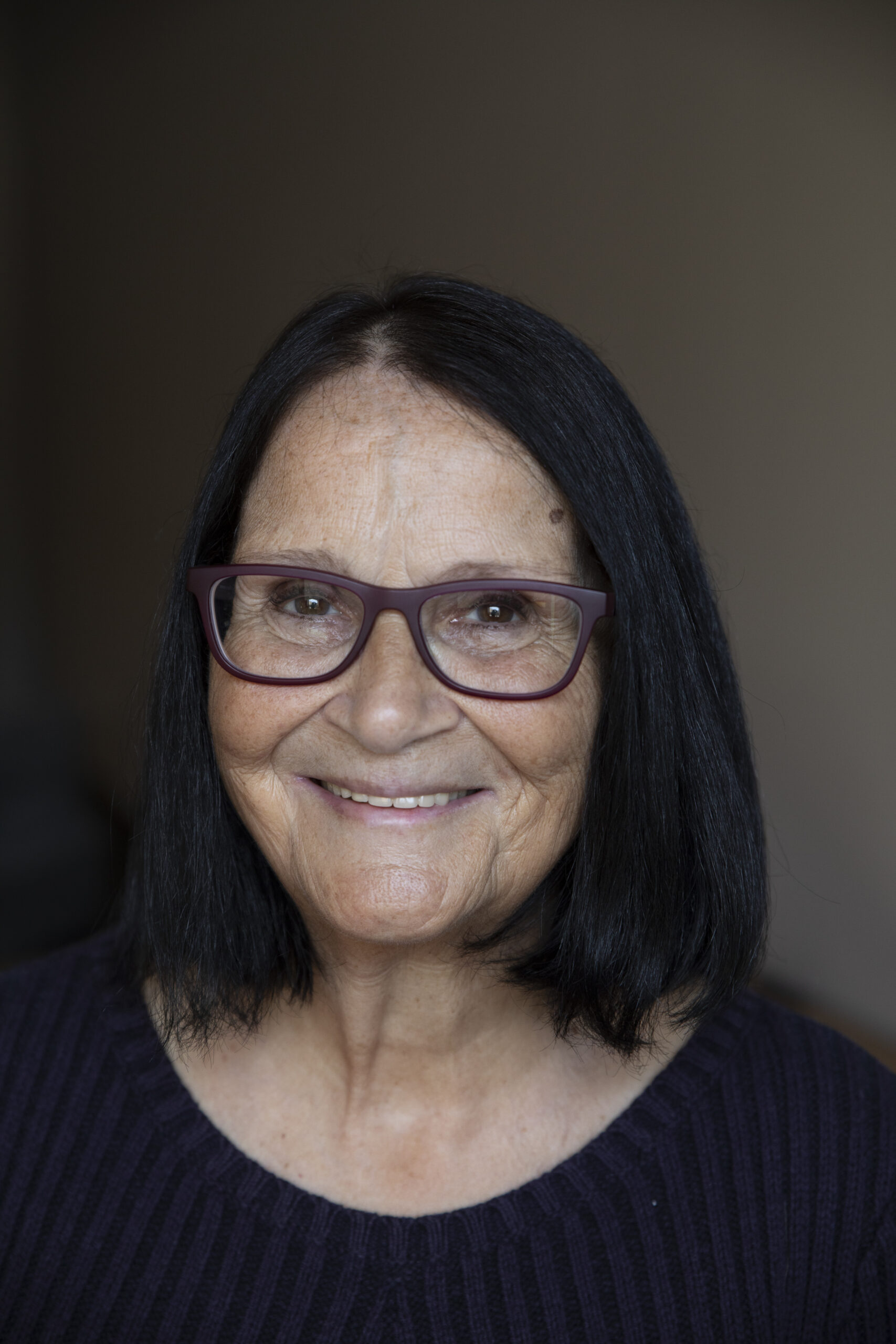
Sex Workers and Allies Network Founder and Executive Director
+ Expand story
I started SWAN because I was at a city meeting in 2016 when I saw the news about a so-called ‘prostitution’ sting in New Haven. They had pictures of 14 women and that upset me so much because that could’ve been me 50 years ago. I was outraged that all that money was spent on criminalizing people who were just trying to survive. So I knew that I had to do something and I was a little bit scared because I was in the closet about my past. But I just couldn’t stay silent, so I outed myself to the police chief.
I am very well-known in the city as being an activist so I sent an email to the police chief and told him that we had to meet, that this was not right and had to stop. Long story short, he agreed to see me and from that meeting he called off the stings—there haven’t been any stings in New Haven. They talked about arresting the dates, but we’re against that too because it’s just going to drive the women into the shadows. They’re doing sex work to survive and taking away their livelihood is just going to force them into dangerous situations. You’ll never arrest away sex work never. Decriminalization is the answer you don’t get arrested, you don’t get a ticket, you don’t get anything.
SWAN’s main goals are to get people to recognize sex work as real work, to treat people who engage in sex work with dignity and respect, and to stop trying to criminalize them. We offer harm reduction services, such as handing out clean syringes, and we take back thousands of used syringes and get them off the street. We also offer groups and support. We have accompanied people to court, we have bailed people out, we have spoken to prosecutors about their cases and we’ve been successful because they’ve heard about SWAN.
We had a self-defense class for the community, not just sex workers, that was very popular, and we offer groups that SWAN members have said they wanted—like we had a psychiatrist and a social worker come and talk about what trauma is and how your body reacts. When the women brought up that they would like an STI group, we got some nurses to come with STI kits. If the tests came back positive, the women were treated and everybody learned how to prevent STIs. The work we do is so important it’s saving lives and it’s uplifting lives, too.
I think right now the most important thing we can do is get Narcan into the hands of as many people as we can. Not just people who use drugs, but people all over the city: storekeepers, restaurants, people who walk through the city, anybody in the neighborhood. We’re seeing an uptick in overdose deaths so we want to expand our outreach as much as possible. Narcan saves lives and people shouldn’t be afraid to use it or think there’s a stigma.
Every time there’s an overdose, I post on Facebook, ‘If you need Narcan, it’s free, and we’ll do the training pass this message on.’ And when there’s bad dope out there, when there’s a spike in overdose deaths, we put out an alert, ‘There’s bad dope, be careful, don’t use alone.
